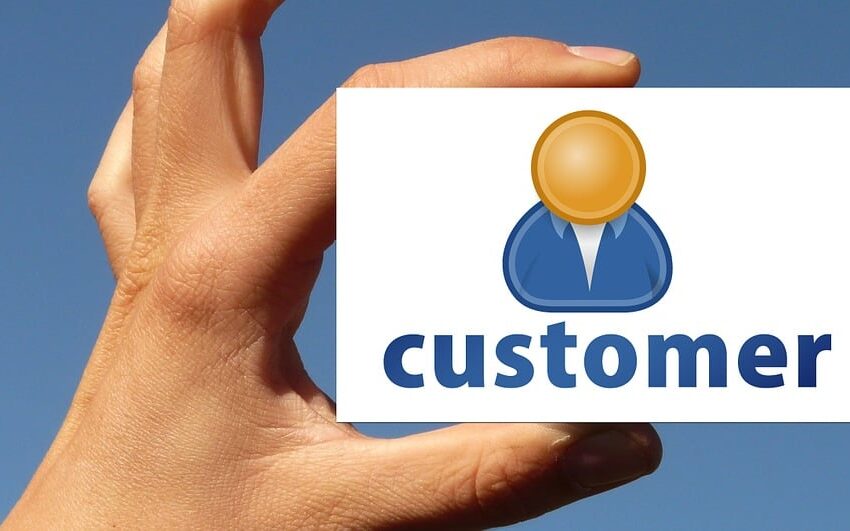If he already knows what his business is supposed to do, what he is aiming for, what his goals are, he needs to specify exactly who will buy his products. This seemingly easy task sometimes takes a lot of time, and abandoning the search for a solution can bring disaster to even the best business idea.
Who will be the company’s customers? You need to find out before being pushed by a vision of a sensational invention or an entirely new service for local residents spends the first zloty to register a business. Your business plan should have a clear answer to this question. After all, there are plenty of people around you with certain character traits, incomes, different ages and tastes. Even if you’re not interested in individual customers, because you want to start a wholesaler, a consulting firm or an advertising agency, you need to be aware of the differences between them. You need to know your market.
The company’s market is all entities – individuals or companies – that could buy Nowak’s invention, if only they had a reason to do so. Although theoretically there are probably a lot of all willing parties, only a few will decide to take this step. Therefore, in order not to waste energy and money, you should divide them into certain groups, distinctive in terms of some easily describable characteristic. Such division is called market segmentation in marketing, and it helps to design product versions, calculate prices, choose where to sell and how they will be notified about the company and the product in such a way as to minimize the cost of these activities.
The company’s customers can be divided according to several criteria, such as:
- place of residence, i.e. the size of the town or the distance from the store,
- demographics, such as age, gender, health status, marital status, education level,
- occupation, position in the company and income,
- personality traits, i.e. interests, desire for novelty, brand loyalty.
If you divide all potential customers into smaller groups based on your business idea, it will be easier for you to see who is really important to them and will bring the most money to the company. Management specialists list many examples of market segmentation done well. One of them is the consulting firm McKinsey, whose long-time head, Marvin Bower, decided to serve only the boards of directors of large, well-known companies in the world. McKinsey took advantage of a market niche and became a leader in this industry.
In my next post, I’ll show you an important principle I always use when segmenting markets and some questions you need to answer to get your client group right.

